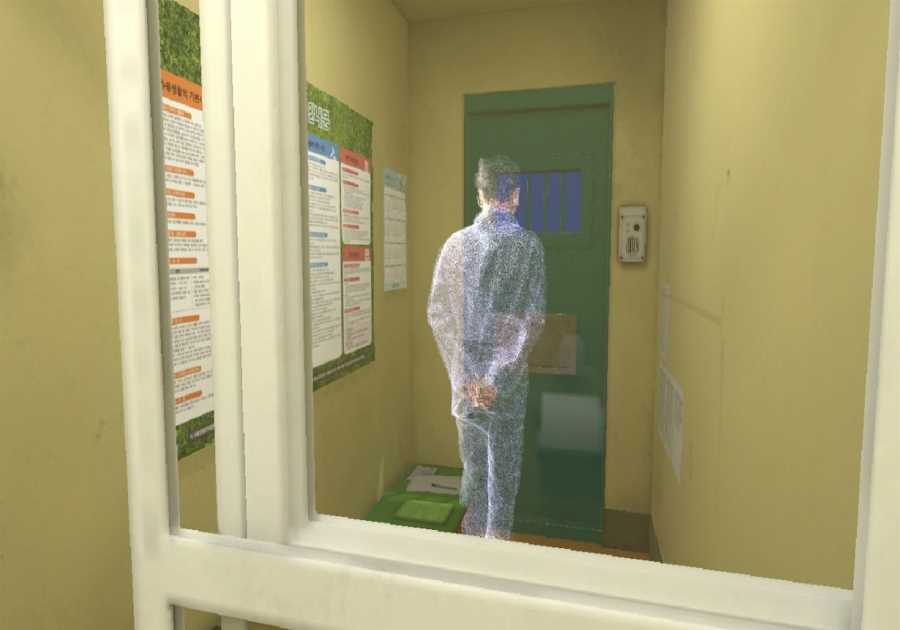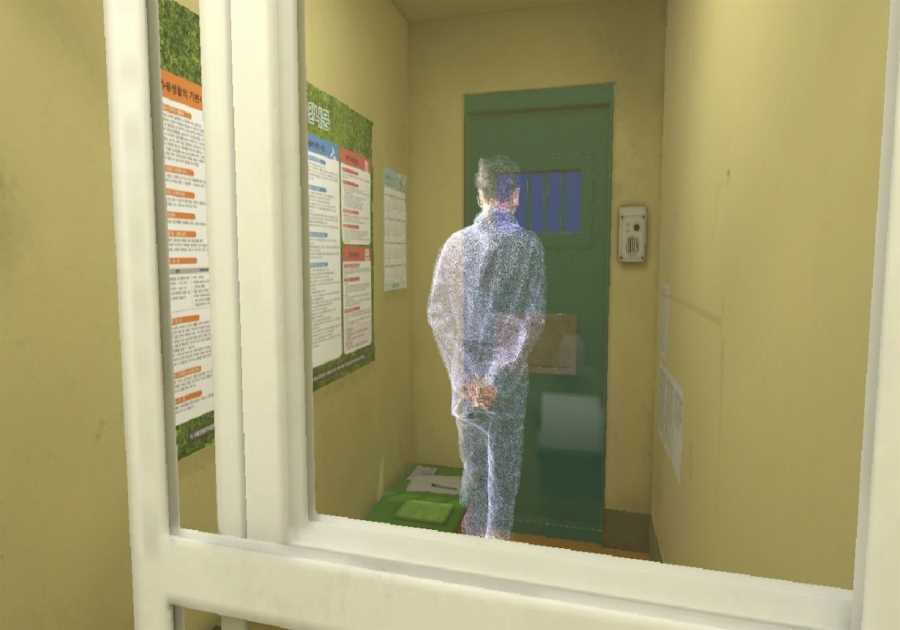Our world is awash in noise, and I don’t mean just traffic sounds and jackhammers. I also mean the digital world of social media, pop-up ads, spam, phishing, unwanted phone calls and texts, flashing billboards, YouTube pitches, TikTok glitz – the list goes on. I am of the last generation that grew up without computers. Soon there will be no one left who remembers such a world, and before long no one will remember a world without smartphones either. Children and teenagers, whose brains are still developing, are possibly being neurologically damaged by all this digital stimulation – it is too soon for the long-term research to know for sure. I remember when black-and-white television was a new thing, and 15-minute shows like Crusader Rabbit (anyone remember that?) ran in the afternoon for school-age kids. My father – who still remembered streets full of Model A Fords – grew irritated with the increasing number of ads on television and invented his own primitive mute switch, connected to the back of the TV with a long cord. He presaged the mute button by sixty years.

We keep telling ourselves that all these ancillary irritations that plague our day are worth it to reap the benefits of all these new gadgets and inventions, but let’s face it: at the end of the day it’s all about someone, somewhere making money at our expense . Not too long ago in historical time – maybe 200 years – the fastest personal conveyance was a horse, and the loudest human-made sound was probably a gunshot. The closest thing to TV was shadow puppets in the evening. For most of our existence on this planet, human beings were mostly rural and were surrounded by sounds of nature and the expansive murmuring of open space.
Is it possible that all this physical, technological, psychological and emotional noise is driving all of us literally crazy? Are our bodies and brains– evolved in the jungles and savannahs of the tropics– really adaptable enough to endure these continually increasing assaults on our peacefulness? Early in adulthood, I rebelled. In my freshman year of college, overwhelmed by the stresses of college life and the cacophony of big city noise, I took to wearing earplugs everywhere I went. My inner life got quieter, and I thought I had found a solution to my inner turmoil until my friends kept telling me that I was shouting at them all the time. Looking back it seems like teenage silliness now, but even then I think I was on to something.
Not long after that, I took up meditation—an exotic interest at that time, which I learned from dusty books in the basement of our university library. Later on, for many years I lived in a Buddhist retreat center and meditated for several hours every day. I have probably logged tens of thousands of hours on my meditation cushion, and I’m sure that has altered my overall perspective and given me readier access to inner quiet, but for most people what I did is not practical. For the average person who asks me, I recommend three activities that together – if done regularly – can promote inner quiet. The first of these is walking – preferably in nature – and not with earbuds on. The second is finding some time – even fifteen minutes – away from phones, computers, flat screens, and other distractions, simply to be quiet, even if it is just sitting in an armchair looking out the window. And the third is repeating a short chant for a few minutes; chanting focuses the mind away from ourselves in a wholesome way. Even a chant such as, “May all beings be free from suffering,” repeated silently to yourself ten or twenty times, can have a salutary effect.
People who have tried these simple practices often tell me that what they experience is not quiet, but a kind of mental “buzzing” – echoes and replays of all the input overload that has come throughout the day. I tell them that this is all right, hearing that buzzing means the mind is just catching up with the overload, processing what it has seen and heard. It may seem contradictory to call that quiet, but it is the first step on the road to quiet. Just hearing that buzz, and being conscious of it, is progress. Who, after all, is the listener, what is its state? It is the inner you, the quiet you, who finally has a moment to see and hear in a reflective rather than a distractive state. For the buzz to die away you need to be quiet for a few hours, which is one reason people like one-day meditation retreats. By the end of the day, the buzz is gone and calm takes hold.
If you have time for a more extended chant, here is the full “Metta” or loving-kindness prayer, which is a core practice in Buddhist life:
May all beings be filled with loving kindness;
May all beings be free from suffering;
May all beings be happy and at peace.
In this world of unceasing tragedy and woe, of course all beings do not experience this most or any of the time. But still, we can wish it for them, and it is with a peaceful and reflective mind that we can raise the thought. Aside from invoking a generous and hopeful spirit, it will calm you too, because to be free from suffering is what we all want, is what all living breathing beings want.
What we don’t want is constant noise. Maybe that could be our additional prayer: may all beings be free from constant noise. It would help the world and all the people in it if it could be so. Anyway, that’s what I think.
***

Support The Good Men Project on Patreon to help us build a better, more inclusive world for all.
***
Photo credit: iStockPhoto
Did you miss our previous article...
https://yogameditationdaily.com/meditation-retreats/the-approaches-of-lingjis-huatou-and-caodongs-quiet-lighting-buddhistdoor-global






